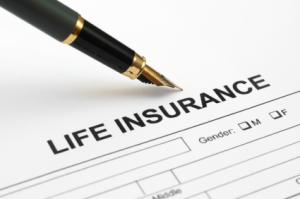Dear Liz: Please explain to me how one’s credit depreciates. After paying off my home, my credit score went from mid-700 to mid-600. There were no changes or inquiries. I built it back up to 734, got into a tight spot and took a loan from my bank. I just checked the score again and now it’s 687. I have not been late or missed a payment. I thought keeping current on all payments and in some cases paying more would help, but it’s not. I need some help and direction.
Answer: We’ll assume that you’ve been monitoring the same type of score from the same credit bureau. (You don’t have just one credit score, you have many, and they can vary quite a bit depending on the credit bureau report on which they’re based and the formula used.)
Paying off a mortgage could have a minor negative impact on your credit scores if that was your only installment loan. Credit score formulas typically reward you for having a mix of installment loans and revolving accounts, such as credit cards.
But the drop shouldn’t have been that big. Something else probably triggered the decline, such as an unusually large balance on one of your credit cards.
Scoring formulas are sensitive to how much of your available credit you’re using, so you may be able to restore points by paying down your debt if you carry a balance or charging less if you pay in full each month. There’s no advantage to carrying a balance, by the way, so it’s better to pay off your cards every month.
 Today’s top story: What a travel agent can do for you that a search engine can’t. Also in the news: How one couple paid off over $200,000 in debt, 6 ways to weed out shady schools, and why your credit score may not be as good as you think it is.
Today’s top story: What a travel agent can do for you that a search engine can’t. Also in the news: How one couple paid off over $200,000 in debt, 6 ways to weed out shady schools, and why your credit score may not be as good as you think it is.  Today’s top story: Why free life insurance at work might not be enough. Also in the news: 5 personal finance books to read this year, picking a career you’ll actually like, and why your debt to income ration matters.
Today’s top story: Why free life insurance at work might not be enough. Also in the news: 5 personal finance books to read this year, picking a career you’ll actually like, and why your debt to income ration matters.